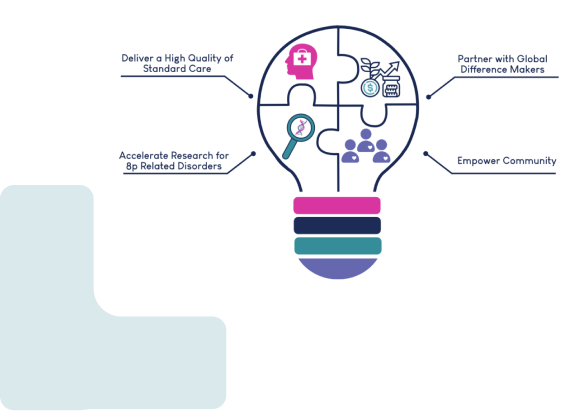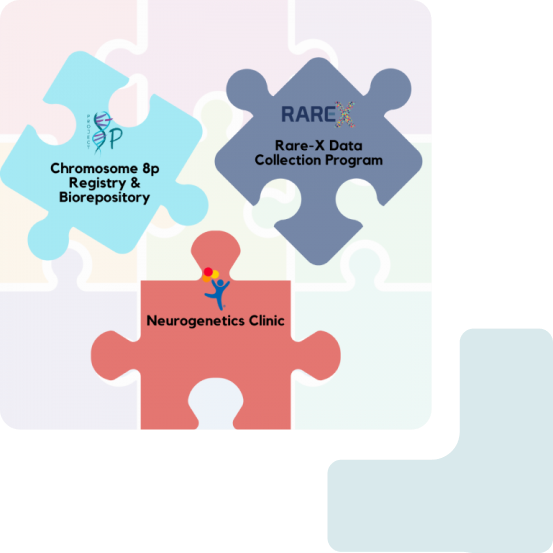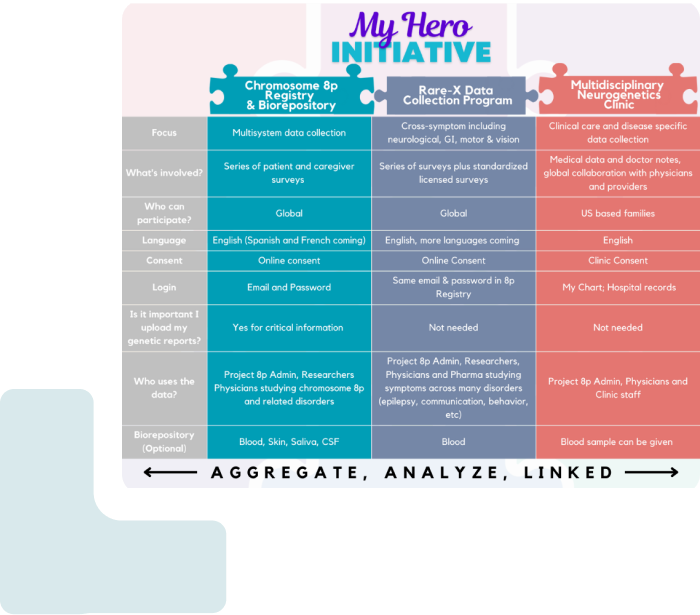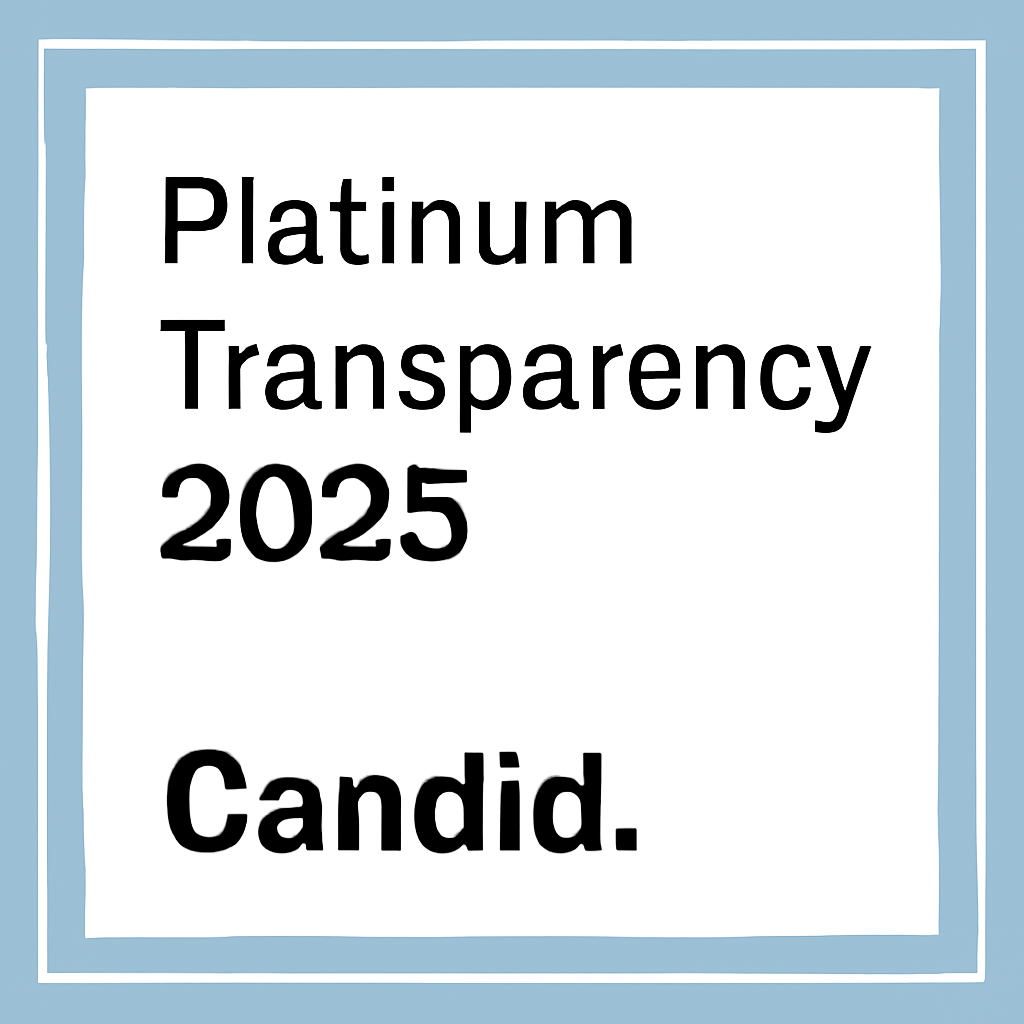The Chromosome 8p registry is a secure collection of individuals (and immediate family members) with chromosome 8p rearrangements. Participants are asked to complete a series of online surveys that can provide valuable information to guide new research, improve 8p patient quality of life, better understand the patient journey and discover unmet medical and community needs.
The Chromosome 8p biorepository stores biospecimens such as tissue and blood samples. The samples may be used to confirm genetic diagnosis and can also be used to conduct whole genome sequencing or RNA sequencing. If any sequencing is done on you or your family member, you may provide consent for a healthcare provider to interpret these results for you. A participant can partake in the Chromosome 8p Registry without providing biological samples.










